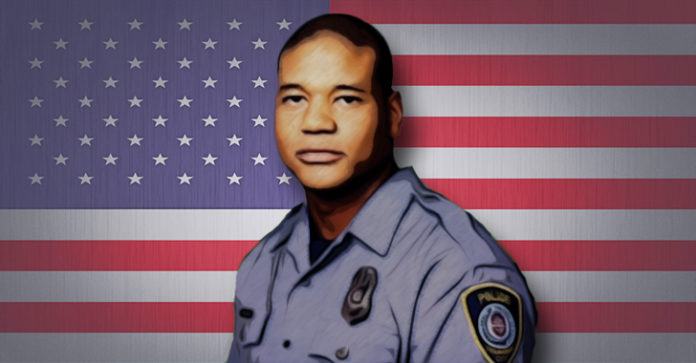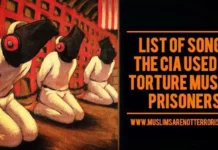
Written by SM Gibson at theantimedia
America is at a crossroads. The recent trend of unarmed Americans of all races, ages, and sexes being killed by police officers is unsettling at best. Police unions have been intervening around the country to make sure that officers have not had to face trial for the myriad of needless and rash executions administered by these employees of the State. A predictable symptom of this imbalance of justice has been the rift created among everyday citizens. We’ve seen officers killed in the line of duty, cops turn their backs on elected officials, and protestors fill the streets from coast to coast.
Many defended the killers, excusing homicide because of the profession of the assailant. After all, these were officers that were sworn to protect communities, not tear them apart. It was difficult for a portion of the population to comprehend that their country and those sworn to upheld its laws are not infallible.
A nation was outraged, and rightly so, when NYPD Officers Wenjian Lu and Rafael Ramos were killed while sitting idle in their patrol vehicle. These murders were in retaliation for the non-indictment against Daniel Pantaleo, who because of the badge that bestowed his breast, was excused of drawing the final breaths from Eric Garner. Talking heads in the media viciously roared their scorn in the direction of protestors, casting blame on the many because of the actions of a few. This violence only strengthened the resolve of those who blindly support men in uniform; no matter their actions.
Why is it then that the same who castigated activists after these senseless deaths have stayed silent regarding the killing of another police officer? Could it be that those who have pledged their incessant support to uniformed instruments of authority don’t actually excuse their murderous behavior out of some form of perverted respect for the badge, but instead these citizens fear the behemoth government that police represent?
Sgt. Terrance Yeakey was an Oklahoma City Police Officer, a first responder to the OKC bombing, and an American hero. Officer Yeakey, known to friends as Terry, saved the lives of eight people from the Alfred P. Murrah building on the morning of April 19, 1995.
Terry was a few blocks away from Timothy McVeigh and the now infamous Ryder truck-which was brimming with explosives-when it detonated and erased the lives of 168 people, including 19 children. Yeakey rushed to the blast site, and without regard for his own life, began pulling people from the rubble one by one.
Instead of being showered with accolades by his government for his heroic efforts, Terrance was silenced for what he witnessed in the direct aftermath of one of largest mass murders that the United States has ever seen.
No one is quite sure what Terry actually observed at the Murrah building that April morning, but according to all indications, whatever it was he witnessed did not sync up with the official narrative released by the United States government.
Officer Yeakey began compiling evidence against the tale put out by federal officials and stored his findings in a storage facility outside of El Reno, Oklahoma. The data he was accumulating was also in direct contradiction to “the facts” being reported by media outlets worldwide. According to friends and family, Terry began being intimidated by federal authorities because of his personal pursuit for truth and the information which he possessed. He was being pressured to put an end to his independent investigation.
Terry’s last known words were “As soon as I shake these Feds that are following me, I’ll be back and we’ll go to dinner.”
He never came back.
The officer’s body was found the next day in a field one mile from his abandoned vehicle. He had been bound, repeatedly cut, strangulated, brutallytortured and killed execution style with a single bullet that entered his right temple at a 45 degree angle. No gun was found at the scene.
His official cause of death was suicide.
I’m not going to suggest that you believe in an elaborate government conspiracy surrounding the Murrah Building bombing based on this one incident, but with that said, Officer Yeakey’s story deserves to be told. What did he know? What really happened that morning in Oklahoma City? Why was he silenced? If we truly respected the lives of police officers, maybe it’s time we find out the answers to these questions.
If not for Terry and his family, then do it for the future of everything you hold dear.
Please watch the extremely informative and startling video below about Officer Yeakey and learn in more detail about the events that surrounded Terry’s death.







your current page background gif makes the text unreadable.